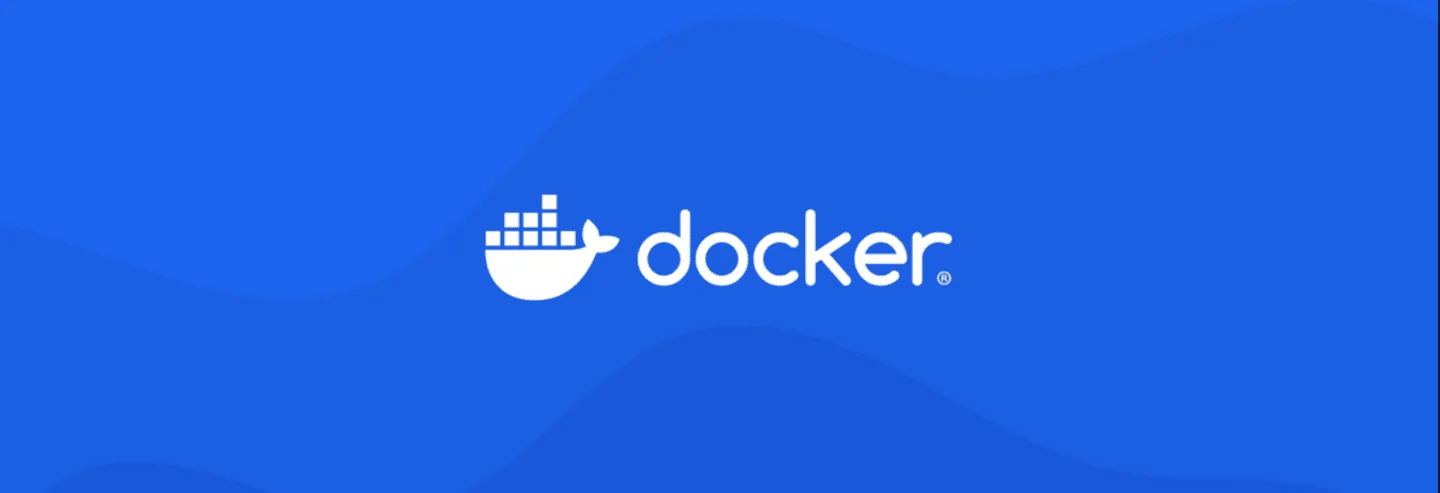In software development, efficiency and scalability are two factors that can make or break a project. Developers are constantly looking for tools and practices that allow them to create high-quality software quickly and efficiently. Before we dive into the FAQs about Docker, it is essential to understand this tool's impact and relevance in today's technology world. Docker has revolutionized how applications are developed, tested, and deployed, providing a consistent environment that can be replicated on any operating system. This has solved common problems in software development, such as compatibility issues and differences between development and production environments.
The FAQs below have been carefully selected and answered to provide a deep understanding of Docker. These questions range from the basics, such as “What is a Docker container?” to more advanced questions about security and using Docker in software development. Whether you're a beginner just starting to learn Docker or a seasoned professional looking to expand your knowledge, these FAQs will provide valuable information. So, without further ado, let's explore the fascinating world of Docker together.

1. What is a Docker container? A Docker container is a lightweight, self-contained unit of software that includes everything needed to run a piece of software, including code, runtime, system tools, libraries, and configurations. Containers are independent of their host system, meaning they can run on any operating system with Docker installed.
2. How does Docker differ from virtual machines? Virtual machines (VMs) and Docker containers share the same resource isolation but differ in their approach. A VM emulates a complete computer system, from hardware to operating system. Instead, a Docker container shares the same operating system as its host but has its own process, file, and network space. This makes containers lighter and faster to start than VMs.
3. How is Docker used in software development? Docker is used in software development to create, deploy, and run applications using containers. Developers can package an application and its dependencies in a Docker container, which can be run consistently in different environments, eliminating the “it works on my machine” problem. This makes it easier to collaborate, test, and deploy applications.
4. How is security managed in Docker? Security in Docker is managed through several features and practices. Docker provides resource isolation to separate containers from each other and from the host. It also enables role-based access control to limit what users and containers can do. Additionally, Docker supports using digital signatures to verify the integrity and authenticity of container images. However, the security of a Docker container also depends on the configuration of the host operating system and following security best practices, such as the principle of least privilege.
5. How can you learn Docker? There are many resources available to learn Docker. The official Docker documentation is a good starting point. There are also online tutorials, books, and training courses available. Additionally, practice is integral to learning, so experimenting with Docker can be very helpful.
6. How is persistent data handled in Docker? Containers are naturally ephemeral, meaning data does not persist when a container is stopped or deleted. To handle persistent data, Docker offers the concept of volumes. A volume is a mechanism that allows a container to store data on the host file system, maintaining the data even after the container has been stopped or deleted. Volumes can also be shared and reused between containers, making data management more effortless.
7. How can you debug an application in a Docker container? Debugging an application in a Docker container can differ slightly from debugging an application in a local environment. One option is to use the -it option when running a container to start an interactive session and then use debugging tools within the container. Another option is to use Docker's logging functionality to collect and analyze application logs. Some IDEs and development tools also support remote debugging of applications in Docker containers.
8. How can Docker images be optimized? Optimizing Docker images can improve efficiency in terms of build time, image size, and run time. Some techniques to optimize Docker images include:

Use smaller base images: Instead of a base Ubuntu image, you could use a significantly smaller Alpine Linux image. Reduce the number of layers: Each statement in a Dockerfile creates a new layer in the Docker image. Reducing the number of instructions can make the image smaller. Delete unnecessary files: After installing the dependencies, you can delete temporary or unneeded files that the application will not use. Use the Docker cache effectively: If the instructions in the Dockerfile are identical, Docker can reuse layers of images it has already built.
Docker has revolutionized software development, providing a platform that allows developers to package, distribute, and run applications efficiently and consistently. Using containers, Docker has solved many common problems in software development, including inconsistency between different environments and difficulty managing dependencies.
The FAQ presented in this article provides an in-depth look at Docker, from installing and using it on different platforms to managing security and persistent data. However, Docker is a complex and powerful tool with much more to learn. We hope this article has given you a solid foundation for understanding Docker and how it can be used in your projects. Remember, the best way to learn is by doing, so we encourage you to experiment with Docker. If you need help at any stage of your implementation, from web page development to maintenance and project management, Crazy Imagine Software is here to support you with our specialized services. Contact us to take your ideas to the next level.









